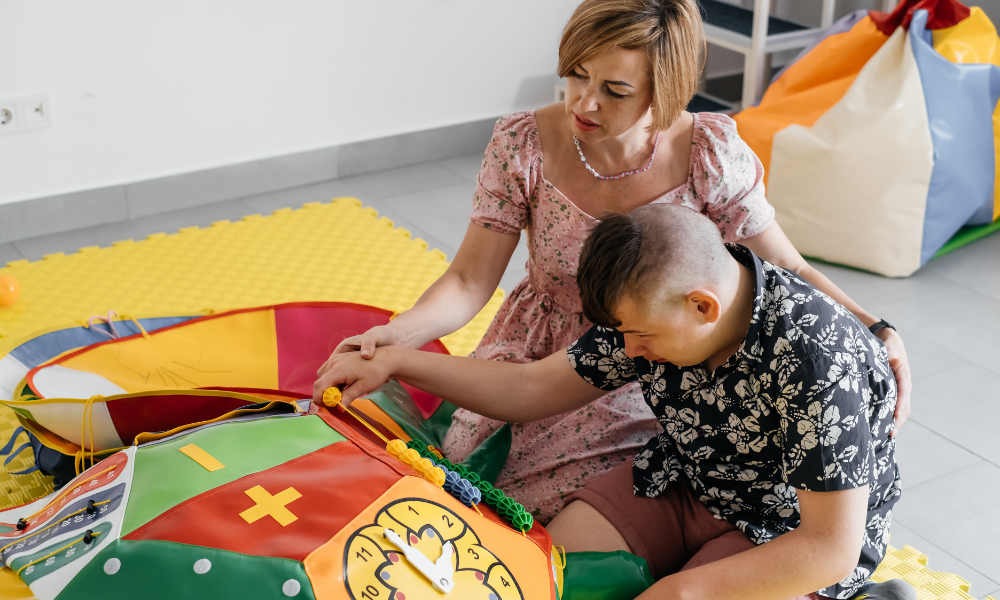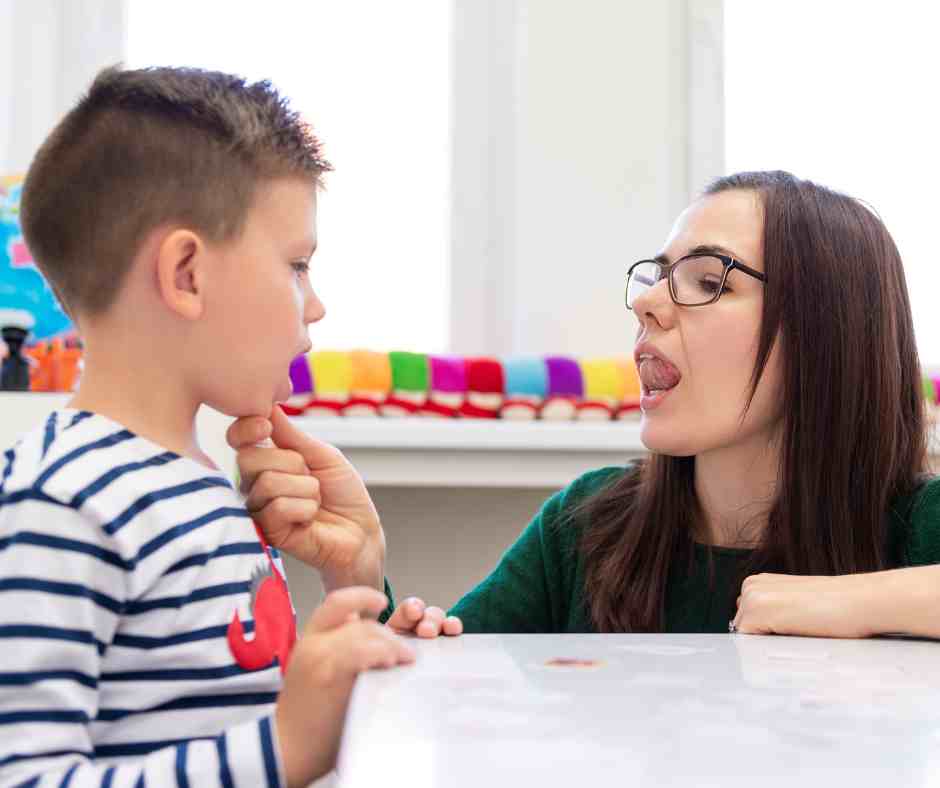SPD is a neurological disorder affecting the way the sensory information is organized and responded to. For children with SPD, processing or regulating sensory input—such as sound, touch, or movement from their environment—can be challenging. This often impacts their ability to navigate different settings and complete everyday tasks successfully.
Types of Sensory Integration Challenges
SPD can be affected in three different areas:
- Sensory Modulation Disorder: Problems in sensory messages being changed into appropriate behaviors that are measured according to the nature and degree of the sensed input.
- Sensory-Based Motor Disorder: Problems in elaborating, acting, and orienting sequences of movements in response to sensory demands.
- Sensory Discrimination Disorder: Trouble sensing differences and likeness between different kinds of sensations.
Common Signs of SPD in Children:
Some of the characteristics children with SPD may present include the following traits:
- Unusual Reactions to Sensations: Over or underreaction to sounds, touch, or movement and even pain.
- Emotional Regulation Problems: Higher rate of tantrums, impulsiveness, or inability to control frustration.
- Attention and Concentration Problems: Have problems when working to keep attention and concentration.
- Coordinate Motor Skills: Bad coordination, balance, and handwriting that appears clumsy and uncoordinated.
- Irregular Patterns of Sleep: Problems in Maintaining Sleep.
- Highly Excessive Movement or Sensory-Seeking Behaviour: Constant spinning, running, jumping, or crashing into objects and people.
- Avoidance of Movement Activities: Hesitation or refusal to use swings, slides, or other movement-based equipment.
- Delayed Communication and Social Skills: Challenge in developing speech and interacting with peers.
- Difficulty with Transitions: Struggling in moving between tasks or adapting to changes in routines.
Treatment and Support for SPD
To treat SPD, we at Esperanza employ an evidence-based strategy. Each child’s individual strengths and needs are taken into consideration by our interdisciplinary team of occupational therapists, physiotherapists, and speech-language pathologists as they develop customized intervention programs.
Key Interventions for SPD
- Physical Skill Development: Develop stability, strength, and coordination to enable active participation in different activities.
- Sensory Diets: Sensory diet in daily routines aiming at self-regulation.
- Trigger Identification: Instruct parents, teachers, and caregivers to recognize and respond to sensory triggers.
- Self-Regulation Programs: Using tools such as Alert Program to develop sensory and cognitive strategies for regulation.
- R.E. Program: Adopting motor, oral, respiratory, and visual techniques to help with sensory organization.
- The Wilbarger Protocol: Deep pressure techniques to help reduce sensory defensiveness and support regulation
- School Support: Help with school transitions and collaboration with teachers to ensure that the child gets consistent support.
- Behaviour Management: Teach families how to effectively manage difficult behaviors.
Partnering with Families for Success
Esperanza is dedicated to working closely with families to empower children with SPD. We can collaborate to provide the framework for your child’s daily success by instilling independence, confidence, and growth.
For more information or to schedule a consultation, get in touch with us right now.
WhatsApp or Call: 00971 55 5241094



